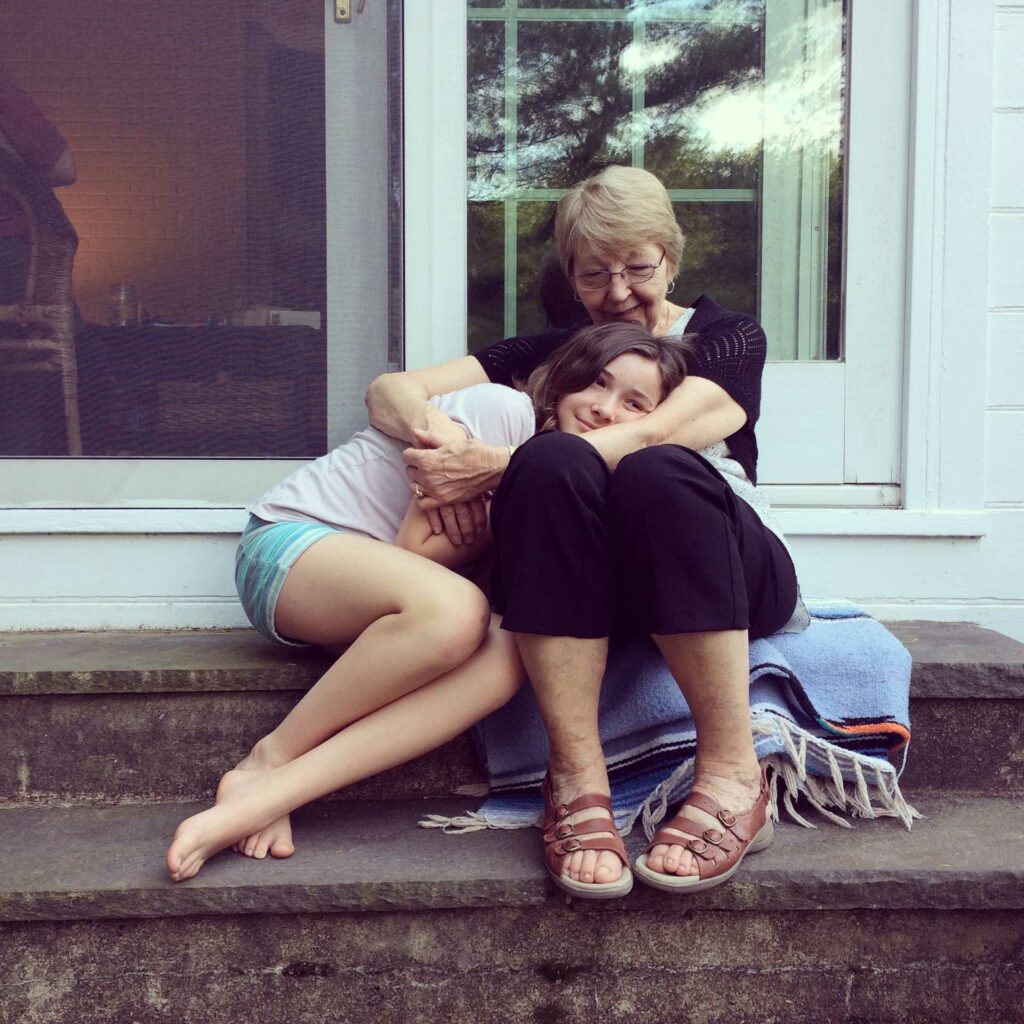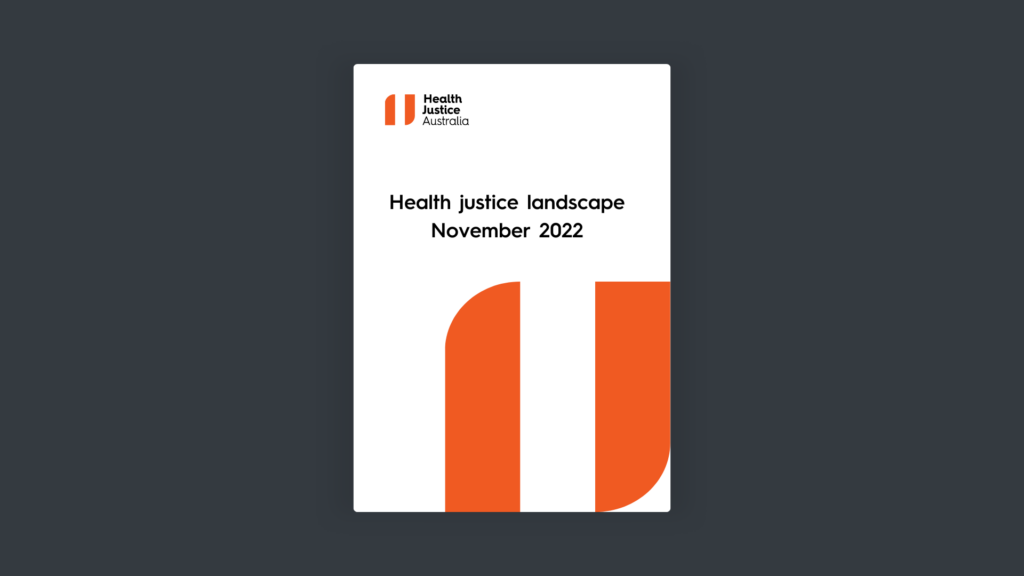What evidence exists?
Over one-fifth of people in Australia
experience three or more legal problems in a given year.
People often report multiple legal problems and these problems tend to cluster – such as family breakdown and money issues or problems centred around poor-quality housing.
One in five of the most disadvantaged in our community take no action in response to their legal problems, for reasons including not recognising the issue as a legal problem, stress, time, cost, fear of damaging relationships and having bigger problems to deal with. When people do seek advice, they are more likely to ask a non- legal advisor, such as a health professional, than a lawyer.


Building the case for health justice partnership
When you start to understand how legal problems can affect people’s health, health justice partnerships just make sense.
Health justice partnerships address the legal problems in people’s lives that are affecting their health and wellbeing. Left unaddressed, legal problems lead to stress, create barriers to health and wellbeing, and hold people in cycles of disadvantage and struggle.
Health justice partnerships address the link between family violence and poor health; between a neglected mouldy public housing estate and respiratory problems; between debt, fines and increased anxiety.

Helping Marnie return home safely
Marnie was only 15 when she was diagnosed with cancer.
The good news was that it was treatable – the bad, that the treatment would be long and invasive. So Marnie and her mum packed their things to leave their remote community while Marnie underwent treatment at a major hospital in the city. After six months, Marnie had made great progress and her care team was ready to discharge her, but there was one thing stopping them. Marnie’s family home was badly affected by mould. It was so bad that her doctors were concerned her suppressed immune system couldn’t take it.
Marnie’s family had been trying to get the mould fixed for months but their community housing provider never got around to it. Marnie was ready to leave hospital, but she couldn’t go home.
Luckily for Marnie, the hospital had a health justice partnership, so she and her mum were able to access free legal advice about their rights as tenants. The health justice lawyer wrote to the housing corporation that owned Marnie’s home, setting out its legal responsibility to provide safe and hygienic housing. As a result, the mould was fixed – and Marnie and her mum could go home.


